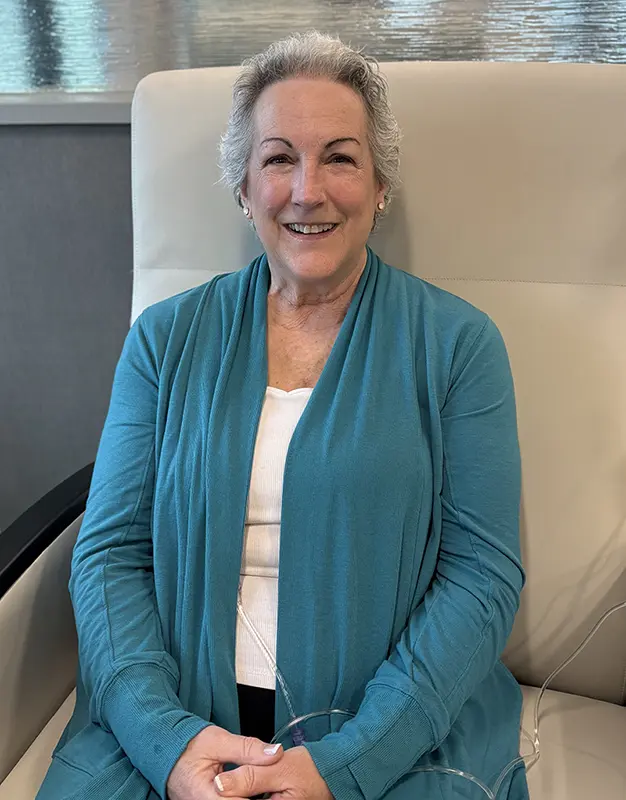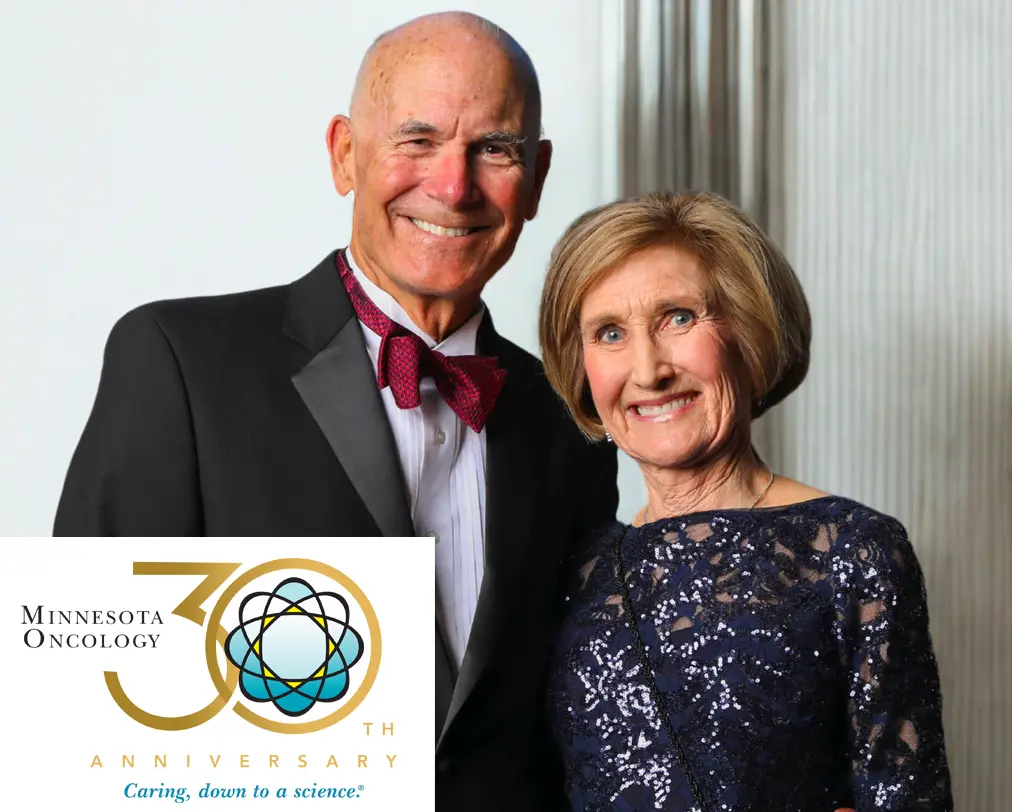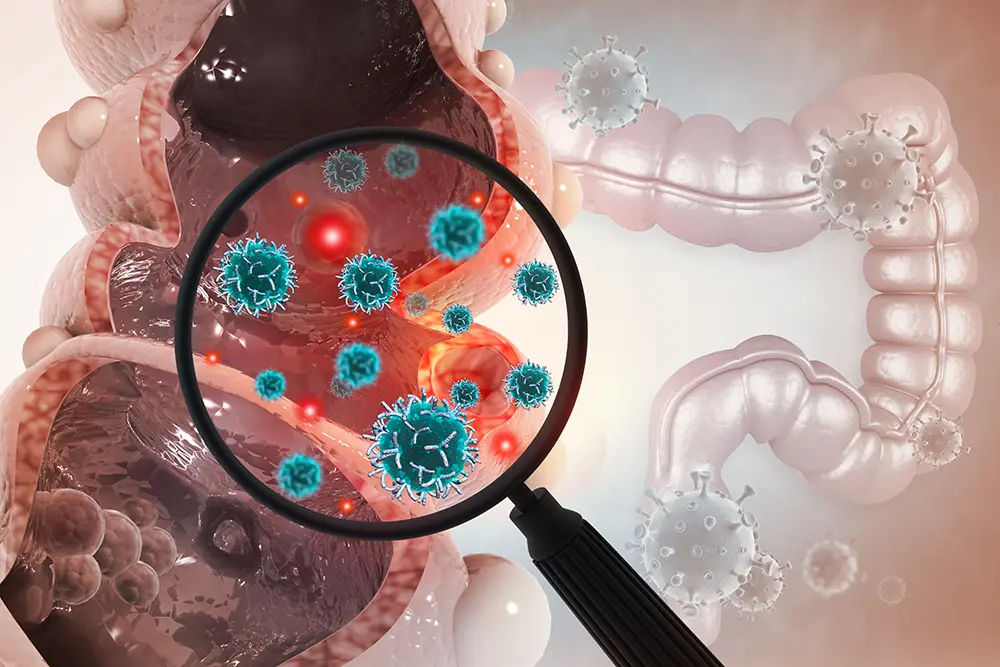Even though you know exercising is necessary to stay healthy and reduce the risk of cancer recurring, committing to an exercise plan can be hard.
Physical activity is very important for cancer survivors. Exercise can help you:
- Reduce fatigue
- Boost your mood
- Regain your stamina and strength
- Maintain a healthy weight
To make it easier, try making it fun. Not only will you benefit from the physical activity, likely, you’ll also be more enthusiastic about it if you enjoy it. Especially in your early days as a cancer survivor, any activity is helpful!
Walking your dog or with a friend, light stretching or yoga, taking a bike ride, even dancing around the living room with your grandchildren counts as exercise. According to The American Cancer Society, cancer survivors beginning a new exercise routine should start slowly, choose activities that are enjoyable, and aim to eventually exercise for at least 150 minutes per week.
To avoid overdoing it, break up your exercise time into smaller, more manageable intervals. Rather than going to the gym for 30 minutes one day, exercise at home for three, equally-effective 10-minute stints. Working in frequent, short exercise breaks is often more manageable than committing to one long session.
Additionally, if your doctor has recommended that you incorporate both strength-building exercises (like lifting hand weights) and cardiovascular exercises (like walking or jogging) into your routine, you can alternate between the two types of exercise. Doing so helps your body recover more quickly between workouts while keeping you from getting bored or burnt out with your exercise routine.
In this new stage of your cancer survivorship, learning to embrace exercise will help you feel better, thus allowing you to gain a greater appreciation for life. Eventually, exercise can once again become a natural, and even enjoyable part of your daily routine!




